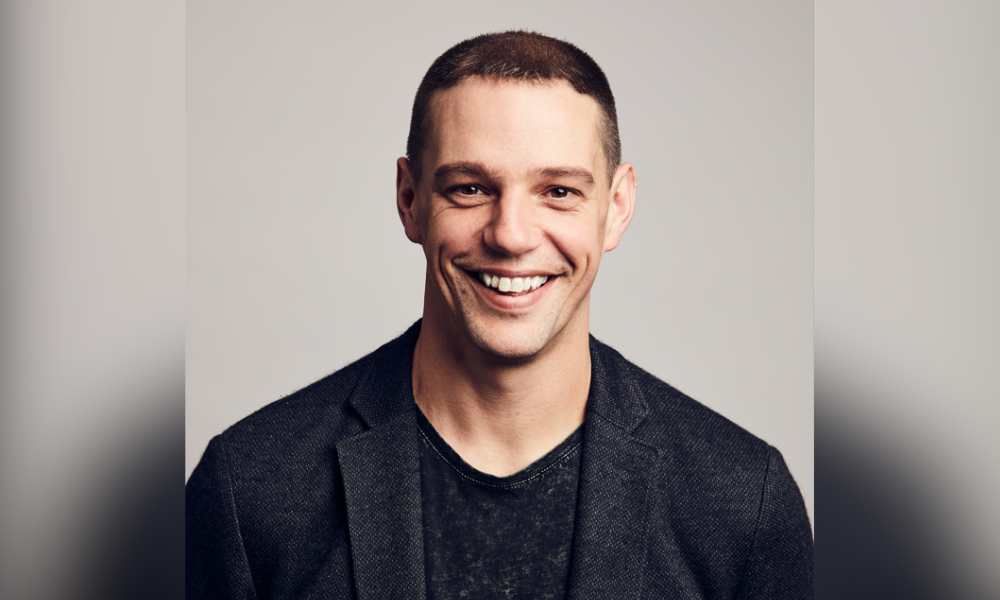
APAC CPO at dentsu: 'Hybrid working gives them the best possible opportunity to be happy and healthy citizens... but also perform their roles well'

With the growing popularity of hybrid working, there's never been a more important time to consistently check in with employees about how they’re feeling, says Luke Speers, APAC Chief People Officer at dentsu.
As of July of this year, two in five Australians are working from home - either part-time or full-time – and data gathered by dentsu shows that hybrid working has produced some impressive benefits.
“It would suggest that hybrid working is a really positive trend in people's lives,” says Speers.
The monthly study tracks improvement in people’s wellbeing and productivity and includes feedback from 400 Australians each week. And the latest results show the number of people who think hybrid working has created a positive impact on their work productivity has risen from 38% in 2020 to 72% in 2023.
The work model has also had a dramatic positive impact on people’s personal relationships, personal mood and also mental health, the figure for the latter having risen from 31% to 64% over the same period.
“It's not surprising productivity has trended as well as it has,” says Speers. “And whilst work is incredibly important, it is nowhere near as important as someone's holistic life. I'd like to think we put our people at the heart of most of our decisions, so that's why we've gone with hybrid working on a more permanent basis.”
When dentsu embedded its flexible workplace strategies post-pandemic, the result was not only engagement trending in the right direction, but also a reduction in attrition rates across the business to well below the industry average.
“Hybrid working practices are something you genuinely get better at,” says Speers.
“It's a relatively new skill to manage people in that environment but I think we forget that we haven't been doing it that long. So we've done a lot of training with our managers around managing hybrid teams and provided a lot of resources around that. We often talk to our leaders in performance reviews as well around the philosophy and process of how that's going.”
That training is around behaviours, listening strategies and cues around engagement with people, he says.
“We believe our people operate best when they have autonomy, trust and belief in why we said yes to them and why they said yes to us.
“Hybrid working gives them the best possible opportunity to, firstly, be happy and healthy citizens and good in their communities, but also, as a result of that, perform their roles well. Normally happiness equals performance, and performance equals productivity and hopefully profitability, regardless of what category you're in.”
He walks the talk – Speers works out of Melbourne but has a team across the APAC region of 250 HR professionals, responsible for over 12,000 people and their experience at work.
“I'm set up in a way that I can work and collaborate, ideate and have fun with my peers — and that’s a lot more difficult to do in a hybrid environment but you really have to trust your culture.”
Through hybrid working, the concept of office has changed significantly within dentsu, he adds.
“The way our people come together in the office now means that it’s become almost like someone's holiday home. They come to have fun and human interaction, and our workplaces are becoming almost like collaboration zones where you cross-pollinate, where diverse teams come together, where you come to work for an event, or for an experience.”
Operating in a hybrid environment has opened up great opportunities to widen the talent pool – something clients have been appreciative of.
“What's important to them is that they have access to skills and capability they can draw on, regardless of where that is in the world.”